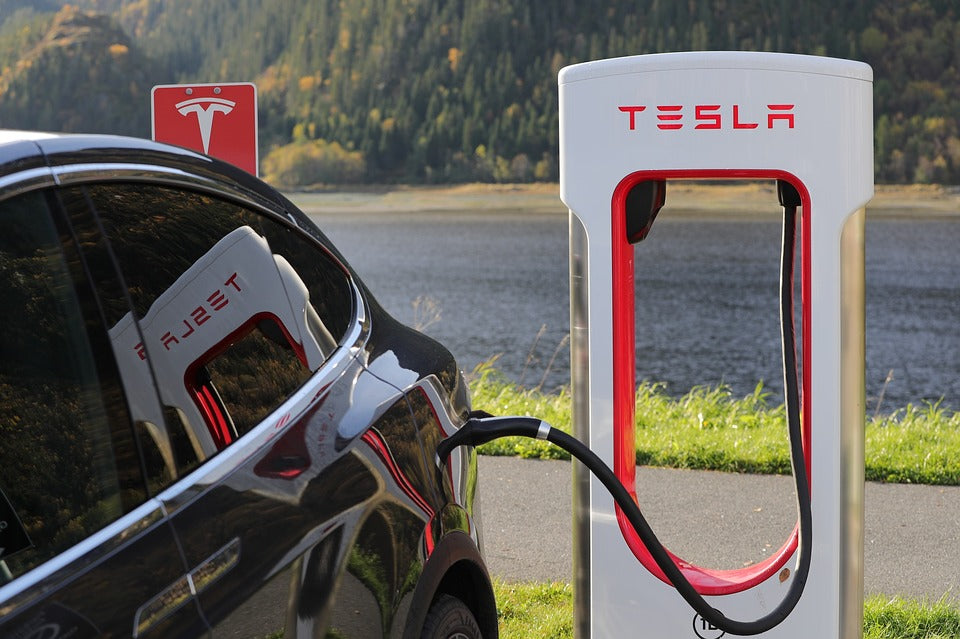
Will Musk’s Promised New Battery from Tesla Cut the Costs of EVs?
One of the key things that has hindered the rapid proliferation of electric vehicles among the wider population in countries like the US and UK is their bigger sticker prices. It seems that despite being relatively cheaper to run each year, and even with government-backed financial incentives, the problems of that big initial price put people off. This is especially true for Tesla, who currently offers nothing remotely resembling an “affordable” car.

That should all change in the coming years according to Elon Musk. At a recent publicity event attended by 270,000 online viewers and some 240 shareholders, Musk described his plans for new battery from Tesla designs that would not only increase power output, performance and range, but also allow for a Tesla priced as low as AU$36,000.
What would this mean if were to come to full fruition? In short, it would firmly place Tesla into the affordable car bracket. In addition to that, however, it would also finally allow electric vehicles to compete toe-to-toe with combustion-engine cars. With a better sticker price, more viable range, and the already lower running costs that they already enjoy, why would anyone settle for a traditional combustion or hybrid option in the future?
Despite the optimism in his speech, Tesla’s share price has still suffered, closing down around 5.6 percent at $424.23 on Tuesday, September 22, falling further to $364.10 by September 24. The reason? A day ahead of the event, Musk had tweeted that the plans are not ready to go yet, and will in fact not be ready until at least 2022. Musk admitted that the new battery design and manufacturing process is not yet complete, so we shouldn’t be expecting these breakthroughs to appear in the 2021 models, and possibly not even the 2022 models.
Musk talked about how Tesla’s new cells, the 4680, can give five times the energy of current models, as well as six times the power output and around 16 percent more range. The current cell models cost around AU$221 per kilowatt hour (kWh), making the cost of a 90kWh battery pack around AU$19,870. Experts seem to agree that in order for Tesla cars and other electric vehicles to truly compete with combustion-engine models, they will need to reduce that to at least AU$142 per kWh.
Tesla is currently expanding its battery manufacturing capabilities with plants in Fremont, CA, and also Nevada. There are plans for a new cell manufacturing facility at the company’s new German factory, and they still rely on partners in Japan, South Korea and China to complete the supply chain. The plan is to reach 10 gigawatt-hours a year by the end of 2021 in Fremont, and the Nevada factory with Panasonic already can handle 35 gigawatt-hours each year. That all sounds impressive, but Musk has gone further, aiming at a total production capacity of 3 terawatt-hours each year (3000 gigawatt-hours) a few more years down the line.
They Wait with Baited Breath
Tesla does have some history of missing production targets. Having said that, they are still very much at the forefront of the EV field, having committed to going all-electric ahead of the other blue-chip automakers around the world. This should still provide the company with an advantage when it does eventually hold the technical capability to mass produce viable and affordable battery technology that others may come to rely on.

0 Comments